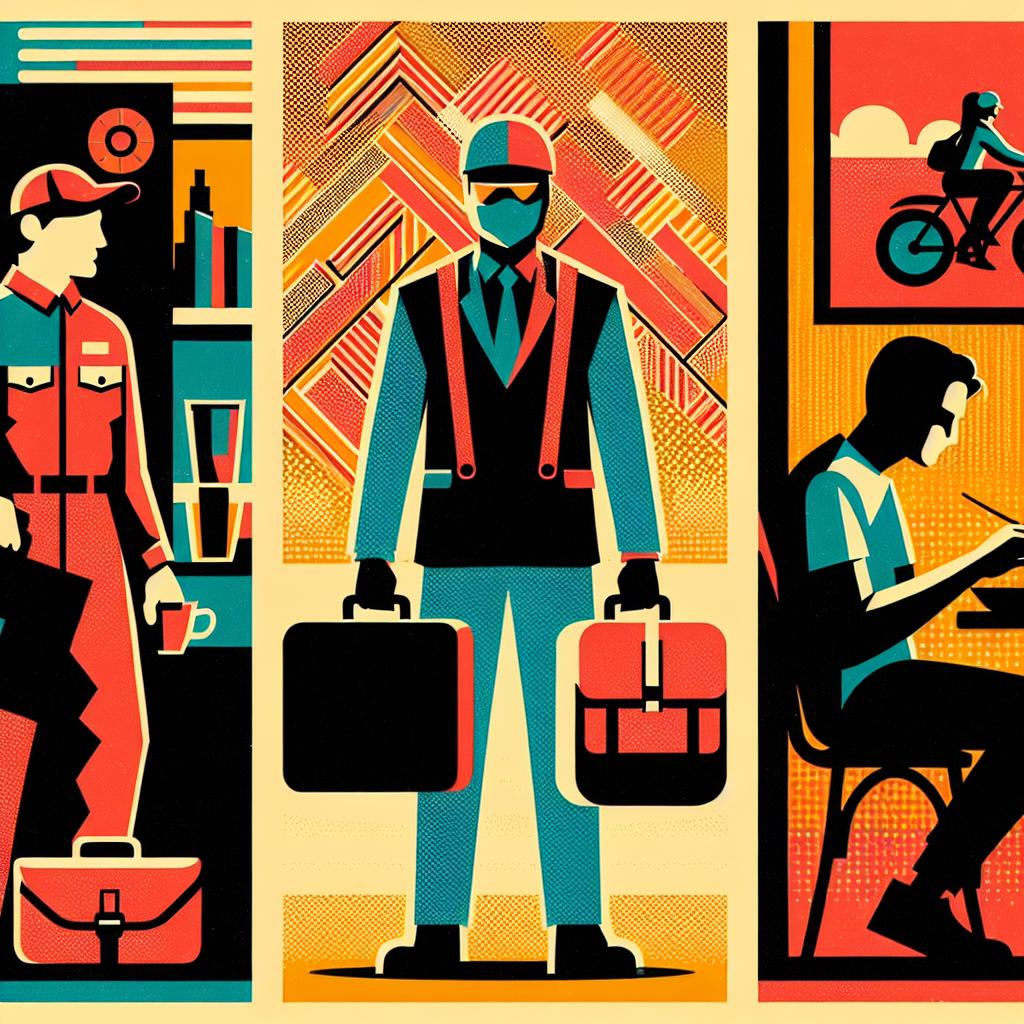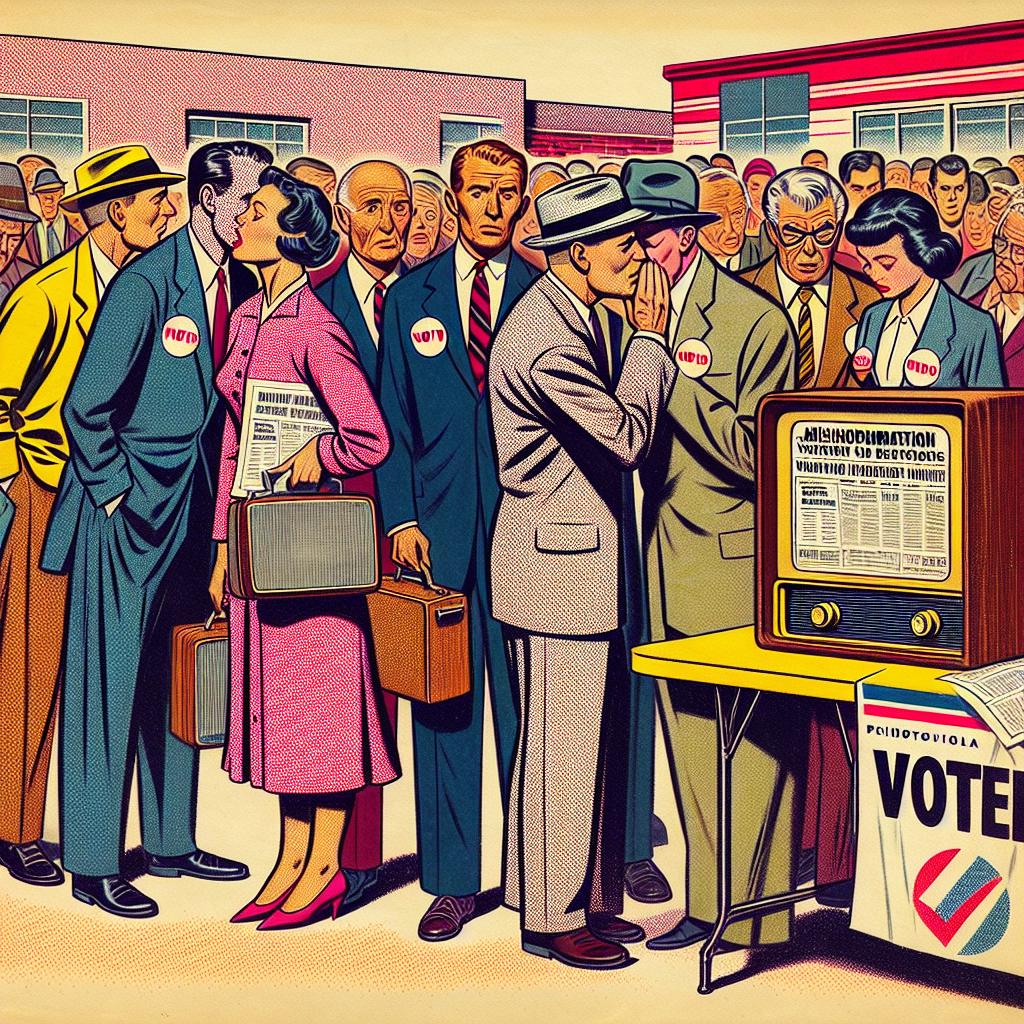The Landscape of Gig Work
In recent years, the gig economy has surged, creating flexible job opportunities particularly in delivery and ride-share services. However, while it offers some workers the chance to earn income on their own terms, this very freedom also comes with serious downsides. Gig workers often face inconsistent income, lack essential benefits such as healthcare, and battle for job security, raising critical questions about the adequacy of existing frameworks governing this labor force.
Highlighted Excerpt: “Gig workers, particularly those in delivery and ride-share services, face inconsistent income and lack of benefits.”
Legislative Impacts
An important case study arises from California, where Proposition 22 profoundly influenced gig work policies. Passed in November 2020, Prop 22 allows ride-share and delivery companies to classify workers as independent contractors rather than employees. This distinction is significant as it permits companies to sidestep the monetary burden of providing benefits typically granted to full-time employees, such as health insurance and retirement contributions.
The law was popularized as a solution to protect workers’ flexible schedules; however, critics argue that it undermines workers’ rights. According to research conducted by the UC Berkeley Labor Center, while these positions offer some freedom, they ultimately offer a precarious financial existence, making many workers dependent on the fluctuating demands of the gig economy without guaranteed safeguards.
Unrest and backlash against such frameworks are evident as research has shown a high percentage of gig workers express concerns over job security. Even in California, this very law prompted significant protests from workers dissatisfied with their treatment, leading many to question the sustainability of current gig economy models.

International Approaches and Protections
As concerns mount regarding job security and lack of benefits in the gig economy, European countries are exploring more comprehensive protections for gig workers. Notably, countries like the United Kingdom have begun reexamining worker classification and attempting to enact laws that may offer stronger protections.
The crucial debate centers on whether gig workers should be classified as employees rather than independent contractors. This classification bears significant implications for a worker’s rights to minimum wage protections, overtime pay, unemployment insurance, and other essential benefits. Advocacy groups and unions have increasingly campaigned for this classification shift, highlighting the global perspective that mirrors the dissatisfaction felt by many U.S. gig workers.
By advancing the conversation toward a universal classification of gig laborers, it ignites further discussion on how both rights and responsibilities should be distributed among companies and labor forces in this digital age.
Highlighted Excerpt: “Concerns include job security, healthcare access, and retirement benefits.”
Assessing Workers’ Needs
As we examine the gig economy’s infrastructures, it becomes increasingly clear that temporary atypical work is evolving but not addressing critical aspects of worker welfare. Not addressing essential concerns like healthcare access demonstrates a significant flaw in the current frameworks. Unlike traditional employees, who might receive insurance and pensions, gig workers often have to purchase their own plans at a significantly higher cost, leading to healthcare disparities.
The challenges of retirement benefits also intensify the landscape of financial instability. Many gig workers contribute to retirement savings on an irregular basis, with studies showing they often fail to secure sufficient savings for later life. Improving legislation surrounding retirement provisions could make gig work less precarious and draw more individuals into engagement with this economic model.
In summary, the continued evolution of work should not come at the cost of essential rights and protections for laborers. As the gig economy expands, society must examine structures that prioritize economic security and dignified work conditions for all workers, regardless of their job description.
This discourse continues as policymakers, companies, and workers negotiate the future of work, emphasizing collaboration to reshape frameworks so they serve all those involved instead of a select few.



